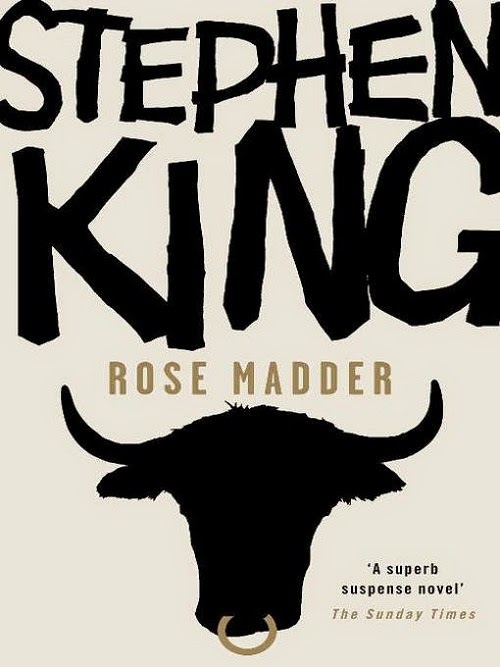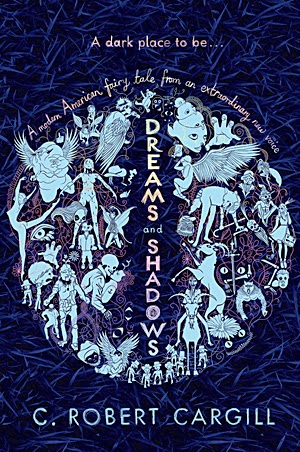I waited nine years for this book, and I'm still not completely sure it was worth it.
It's a good book, to be sure. And I didn't give up on it the same way I gave up on, say, Abarat (which is a huge rant I will deploy at another time. Maybe for post 200) by the same author. And, let's be honest, any meeting between Harry D'amour (the detective from Great and Secret Show and Lord of Illusions*) and the being people can't help but refer to as "Pinhead" (Him what was in the Hellraiser series**) would be final for one of them, if not both. But I couldn't help feeling like this was possibly a tired and annoyed farewell to his work, melding the dark, beautiful fantasy of his later works (D'amour's dominion) with the brutal, gruesome horror of his earlier works (you know who) in an effort to put them all to bed for good.
I'm not quite sure if it's just because I expected a four to five hundred page doorstopper about the ultimate battle between the reluctant champion of humanity and Barker's most terrifying agent of change, or because it dealt a final blow to stories I hoped would continue and I'm being entitled and pissy. Maybe it's that Barker took one of my favorite characters and flung them in a new direction. But either way, the book annoyed me.
If you're in the mood for a vivid, twisted fantasy involving a team of occult investigators in Hell, great. If you're in the mood for some of the most fucked-up scenes in horror outside of maybe the Edward Lee crowd***, you're in the right place. But I don't believe this'll go on the shelf next to Imajica, The Great and Secret Show, Books of Blood, and Everville.
More, as always, below.









.jpg)



.jpg)








